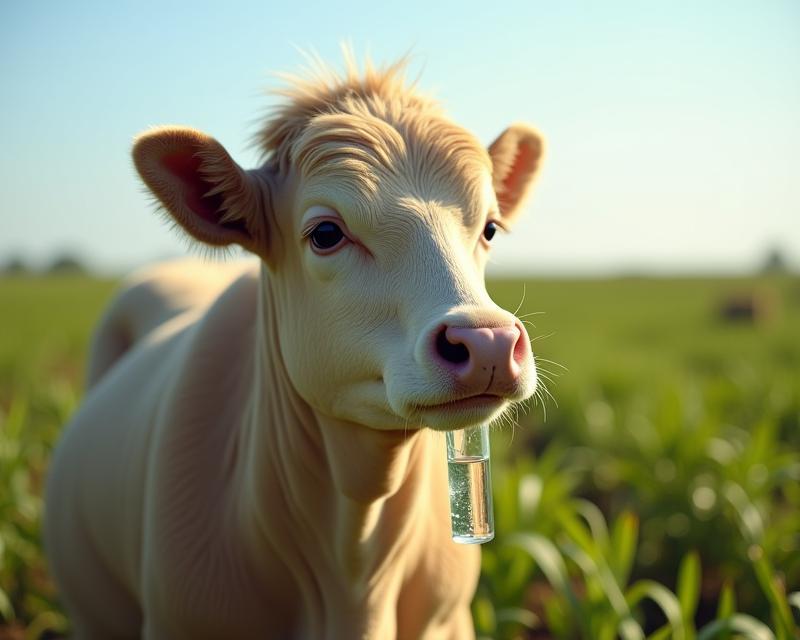Clean Water for a Healthy Farm
Publish in Sustainable Farming el 22/07/2025 16:29
Water Quality Assessment: Protecting Your Farm's Future
Water is the lifeblood of any farm, whether you're growing crops, raising livestock, or simply maintaining a garden. But are you sure the water you're using is healthy for your operation? Understanding water quality is crucial for a successful and sustainable farm. Contaminated water can lead to crop failures, sick animals, and even pose risks to human health. This article will explore common contaminants in agricultural water and how you can identify and mitigate those risks.

Common Contaminants in Agricultural Water
Several things can pollute water sources used in farming. Heavy metals, like lead and cadmium, can leach into water from soil and industrial runoff. Pesticides, used to protect crops, can also contaminate water through runoff. And then there are pathogens – harmful bacteria, viruses, and parasites – that can come from animal waste or improperly treated wastewater. These contaminants can have serious consequences for your farm’s health and productivity.
Identifying Potential Problems
So, how do you know if your water is contaminated? Regular testing is the best way to find out. You can test your water at a local laboratory or use a home testing kit for basic parameters. Look out for unusual colors, odors, or tastes. Also, pay attention to your crops and animals. Sudden declines in growth, unusual illnesses, or stunted development could be signs of water quality issues. Keep records of your water source, any changes in its appearance or quality, and any health problems in your livestock or crops. This information will be invaluable for identifying the source of the problem.
Mitigating the Risks: What Can You Do?
Fortunately, there are steps you can take to protect your farm from contaminated water. Improve drainage to prevent runoff from carrying contaminants into water sources. Implement best management practices for pesticide application, such as using targeted spraying techniques and avoiding applications near waterways. Properly manage animal waste by using manure storage facilities and ensuring adequate buffer zones between animal areas and water bodies. Consider water treatment options like filtration or UV disinfection, especially if you’re using water from a potentially contaminated source. Finally, explore alternative irrigation methods like drip irrigation, which can reduce water usage and minimize runoff.
Protecting Your Farm and the Environment
Investing in water quality assessment and mitigation is an investment in the long-term health and sustainability of your farm. By taking proactive steps to protect your water resources, you can ensure a healthy environment for your crops, livestock, and community. Don't hesitate to reach out to your local agricultural extension office for guidance and resources on water quality management. A little effort can go a long way in safeguarding your farm's future!
- Regular water testing is essential.
- Implement best management practices.
- Properly manage animal waste.
- Consider water treatment options.





